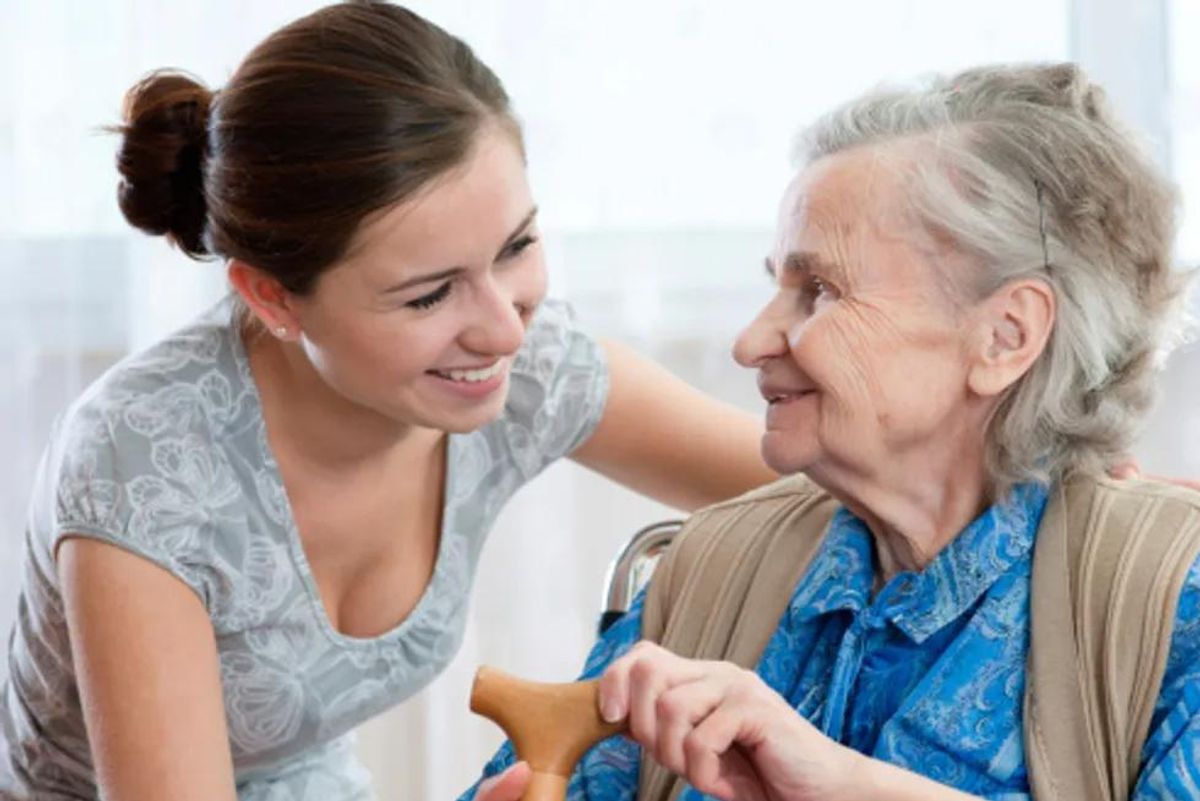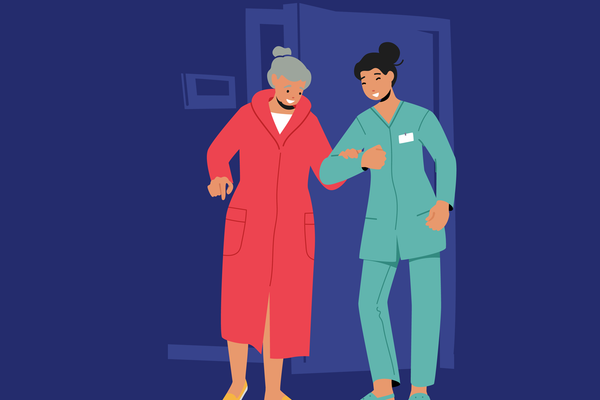When a beloved member of the family loses his or her independence or becomes ill, there is usually an outpouring of sympathy for the elder. While the senior certainly needs this type of support, the person taking care of the family member's wants and needs is too often neglected.
Caregiving can take a toll on you physically, mentally and emotionally. It's important to know that what you are feeling as you tend to the needs of an aging parent or other loved one is completely normal and nothing to feel guilty about. Additionally, there are actions you can take to help yourself cope with this difficult time.
You may find yourself experiencing severe fatigue, both mentally and physically, as well as guilt, anger, sadness and stress. You might also find yourself thinking about death more often or feeling socially isolated as your free time decreases, potentially putting stress on relationships. Confusion over the elder's illness is also normal, as is denial or ill-preparedness for how the sickness will progress. Moreover, you may experience financial or legal issues as a result of caring for a terminally ill individual.
Considering all of this, you should remember to take time for yourself. This means getting enough sleep, eating right, squeezing in time for exercise and letting other people take over some of your responsibilities.
Don't try to be Superwoman. If there is another person available to visit your aging loved one on a day when you are just too tired, take advantage of that. If technologies or services exist that may lift a burden off you, use them.
You may be surprised how much talking about your feelings can help you. This may entail going to a mental health professional, a support group or just talking to a close friend or family member about what you're going through.
Also, educate yourself on the signs of depression, since this is a serious mental disorder that can exacerbate normal feelings of sadness. Symptoms include persistent unhappiness, getting easily frustrated, a loss of interest in favorite hobbies or foods, reduced sex drive, chronic fatigue, crying jags and unexplained pain. If you think you may have depression, talk to your health care provider about your mental well-being and treatment options

Don't Neglect Your Own Well-Being When Caring for an Elder
Dec 13, 2011
Jun 19, 2024
Self-Care & Mental Health





